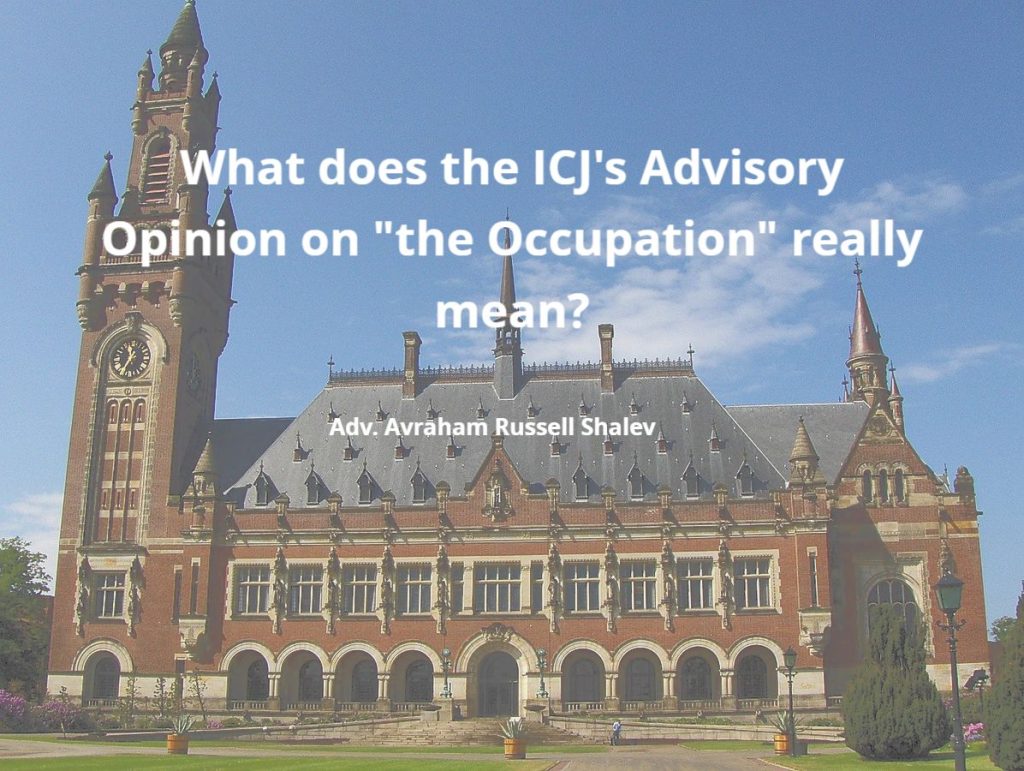By law, in Israel the right to practice in 12 paramedical therapeutic professions, including speech therapy, occupational therapy and physiotherapy, is contingent upon the completion of related vocational training. Among the many economic demands of the ultra-Orthodox parties, which typically express an aspiration to maintain a separatist lifestyle without the need to work, there is one demand that actually seeks to expand their participation in the workforce-converting the requirement from academic studies in these subjects to professional studies. This requirement is expected to significantly change the field of paramedical therapies in ultra-Orthodox society, and may even affect the entire health sector and subsequently the labor market in general.
So far, the Ministry of Health has strongly opposed this demand, arguing that abolishing the need for academic studies is expected to harm the quality of the therapists’ professional abilities. The Ministry’s claim is, apparently, correct. In Israel, the academic training in these fields is particularly intensive, and it is doubtful whether the professional training offered at the Ultra-Orthodox seminars will be at a similar level. However, the recommended level of training must also be measured in relation to its cost. Academic studies are costly, both to the state that subsidizes the studies, and to the students who, beyond the financial cost, are required to devote four years to them (the duration of training for most paramedical professions), during which they can work only partially, if at all. This cost also prevents those with limited financial resources from engaging in the therapeutic professions. The Ministry of Health is obliged to consider the toll it may take before ruling out the transition from academic studies to shorter and cheaper professional studies.
Another detail that the Ministry of Health must consider is the limited availability of medical treatments. The Israeli health system is suffering an acute shortage of therapists in these professions, a deficit which numbers in the 1000s. Many Israelis have to wait months before receiving treatment and often abandon the effort. In some cases they even turn to unlicensed and unqualified therapists who practice the profession illegally. The lack of therapists is mainly felt in Israel’s geographical and social periphery, and particularly in the Ultra-Orthodox sector. Adhering to too high of a standard for therapists, therefore, causes a decrease in their accessibility and can potentially harm patients.
In some respects, a transition to professional training may even contribute to the overall quality of medical treatments in ultra-Orthodox society. Due to the personal and emotional nature of the treatments performed by these therapists, understanding and recognizing the culture and social fabric of the patients can contribute to the quality of the treatment and its accessibility. The Orthodox therapist – without academic training – who is intimately familiar with the cultural uniqueness of his patients, can have a significant advantage over other therapists with academic training. Also in this regard, the Ministry of Health’s strict adherence to high academic standards will not necessarily guarantee higher quality care or increase accessibility.
The conversion of academic studies into professional studies will have an impact that will extend beyond the borders of the Ultra-Orthodox sector. Although initially the professional training courses will only be available in Ultra-Orthodox seminaries, we can expect other institutions to adopt them, and it can be assumed that many Israelis who have difficulty meeting the academic requirements will join them as well. In particular, it can be assumed that the model will be adopted by the Arab population, which suffers from a problem similar to that of the Ultra-Orthodox in the field of paramedical treatments. In any case, the Israeli general public will benefit from the increased accessibility of these treatments.
The conversion of academic studies into professional studies may later permeate other professions as well. As long as professional studies are sufficiently rigorous, such a trend is to be welcomed. In recent decades, the State of Israel has undergone increased academicization. For the most part, this is a welcome change, but in some areas it has resulted in overeducation – academic training which exceeds what is necessary in order to practice the profession in question-as studies by the Taub Center and the Kohelet Forum indicate. Beyond the public cost, the standard of overeducation excludes potential workers who were unable to integrate into a mainstream academic framework. Providing the possibility of converting academic studies into professional studies in the therapeutic professions may herald a new trend, one that at first will mainly benefit the ultra-Orthodox, but later the Israeli public as a whole.



